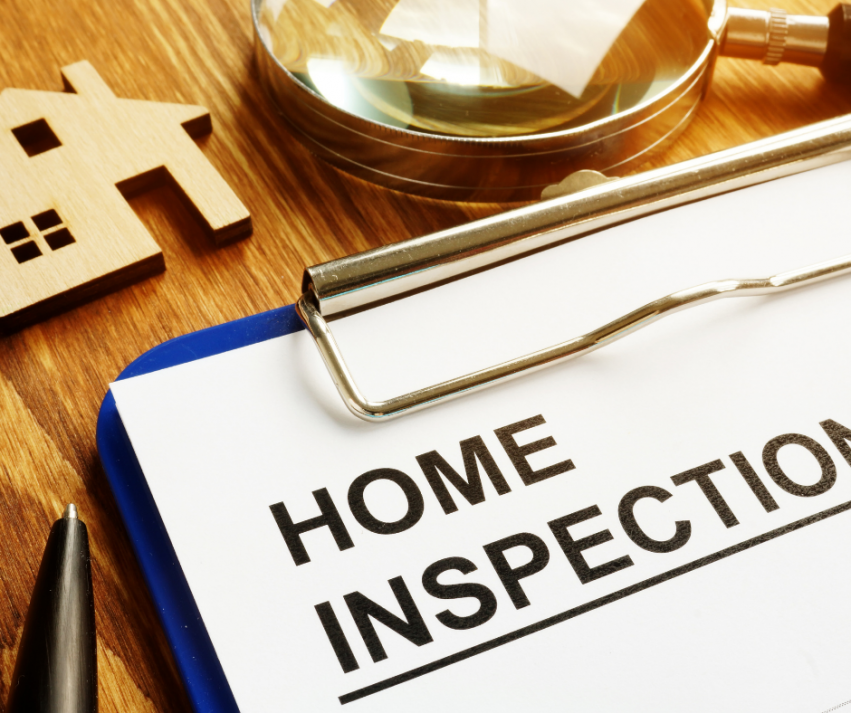9 Tips on How to Avoid Homebuyer’s Remorse
Are you looking to buy a home soon? A real estate purchase may be the single largest investment you’ll ever make, and if you don’t familiarize yourself with the process and don’t take the necessary steps to protect yourself, you could end up with a house you wish you hadn’t bought.
Yes, buyer’s remorse is a fact of life, may it be within or outside of the real estate industry, and with acquired knowledge and a whole lot of planning, you can reduce or completely eliminate it.
Check out these nine shopping tips that will help you toward avoiding homebuyer’s remorse and buy a house you’ll LOVE.
Don’t oversize
No one can deny that bigger homes are enthralling, to say the least. Their vast living spaces can get buyers too swept up imagining how they could put all that room to use.
Always remember that larger homes not only come with expensive price tags–they also cost a lot more to heat and cool. Not to mention, county assessors also take square footage into account, so they will most likely have higher property taxes. Do you really need a fourth garage space or that space for a massive home gym? If you answered no, then look for a relatively smaller home.

Use your head and not your heart
It’s better to decide what factors in a new home are most important to you before you go around looking. Put your needs first, and don’t let the sight of an attractive home derail them. You’ll find that it’s quite easy to fall in love with a house, but if your needs and criteria are not met, it’s time to move on.

Find out everything you can about the neighborhood
If you believe you found your dream home, make sure to research the neighborhood it’s in. Make a checklist of all the things you’ll need to look into, like what schools are within the vicinity and the home’s proximity to a grocery store. You’ll also have to visit the local law enforcement and find out what the crime rate is in the neighborhood. Think ahead– you’ll probably live there for a long time, so make sure that you’ll also like the neighborhood as much as you love the house.

Insist on a survey
Visual borders, such as fences and hedges, are not so reliable when determining where one property ends and another begins. Insist on a survey for your property lines, so you don’t have to deal with it AFTER you move in. For a small fee, you can have a city surveyor locate the property pins, so you’ll know exactly what you’re buying.

Contract with a Buyer’s Agent
The real estate world can become confusing to first-time homebuyers, so you’ll have to make sure that you have someone in your corner looking out for you. That’s why it’s important to consider hiring a buyer’s agent, someone who specializes in representing buyers.
A buyer’s agent works on commission, getting paid only when you close on a house. He will protect your interests throughout the process, handle vital details like inspections and surveys, and work with your lender and the seller’s agent to solve any problems.

Inspection is key
A home listed with a real estate brokerage will usually require inspection after your financing is approved. If you’re buying a for-sale-by-owner house (FSBO), however, an inspection may or may not be part of your contract. Insist on having one– even if you have to pay for it– before signing those papers. For a small fee, you can have a professional inspector examine every part of the house, as well as appliances, wiring, and HVAC. Trust me, dealing with unexpected repairs after you move in can become a nightmare.

Don’t ignore your budget
Looking for a “dream house” may result in being tempted to go over your planned budget. Always remember that you created a budget for a reason. There will be many unexpected costs in your future, so you won’t want to spend all your savings on buying a house you’re unable to maintain.

Know your DIY limitations
Buying a home that needs some TLC can be a good investment if you can do all the work yourself. But, before you start making an offer, remember that if you have to hire pros to get the renovations done, you may end up paying more than what the house is actually worth. Know that even if you have the DIY chops to tackle major remodeling projects, the local building authority might require that some parts of the project be done by pros (wiring, HVAC, and plumbing, for example).
Get free estimates from contractors before you buy, so you’ll know what the work will cost if you CAN’T do it all yourself.

Tune others out
People in your circle, your real estate agent, and even strangers will want to share their advice and opinions about buying a home. And while some of it will be useful, your opinion is the one that matters most. Choose the house that meets all of your needs and wants, not theirs.





